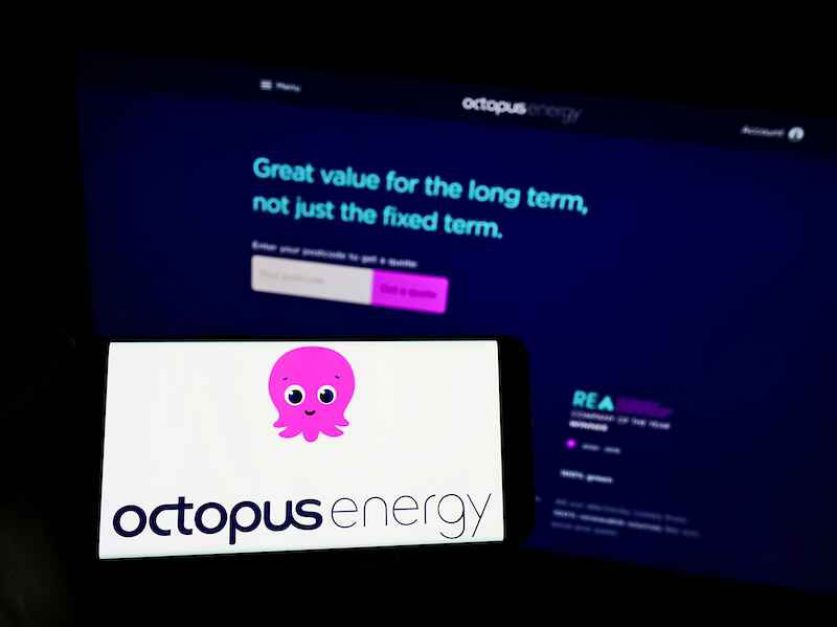
UK Energy Incubator Hub (UKEIH) has become the latest casualty of the energy crisis, with its customers to be transferred to Octopus.
UKEIH operated the brands Northumbria Energy and Neo Energy, serving a total of 3,000 households. It had received a series of warnings from regulator Ofgem over the last few weeks, including orders to improve its customer service and complaints handling processes and provide information about its financial resilience and management.
The firm ultimately went bust last week. Ofgem has now appointed green giant Octopus Energy to absorb UKEIH’s customers. The regulator said it had run a competitive selection process “to get the best deal possible for customers.”
Neil Lawrence, Ofgem’s Director of Retail, said: “We understand that this news may be unsettling for customers, however they do not need to worry. Their energy supply will continue as normal, and customer credit balances will be honoured.”
“We would like to reassure customers that any money paid from now and credit built up with their old supplier is protected, and will be moved to their Octopus Energy account for them to access when they have been moved to our systems,” Octopus said in a statement.
UKEIH customers are urged not to attempt to switch away until they’ve been contacted by Octopus to set up their accounts.
Octopus pointed to its “strong track record in large customer migrations,” including its acquisition of five energy retailers in the UK and the transfers of millions of accounts to its Kraken platform licenced by several other major suppliers.
Octopus has also stood as Supplier of Last Resort (SoLR) for four failed energy suppliers, including last year, Avro Energy, the largest SoLR customer migration to date with more than half a million customers moved.
UKEIH’s collapse comes just months after 30 energy suppliers folded amid soaring natural gas prices, and may presage further carnage in the market, analysts warned.
“As we enter the winter period, it will continue to be challenging for suppliers and we may see more failures,” Alasdair Dorrat, partner at consultancy Brainga, told the Financial Times.
Ofgem announced UKEIH’s exit just hours before chief executive Jonathan Brearley was interrogated by MPs about the regulator’s role in the wave of supplier failures. Energy billpayers will pay an estimated £164 extra this year to cover the cost of those exits, Citizens Advice has estimated.
Brearley said the crisis was triggered by “once in a generation” turbulence in wholesale energy prices in response to global geopolitical factors. However, he conceded that the regulator should have done more to ensure trading suppliers could weather these external shocks.
He also said the design of the price cap meant that suppliers had to wait months to pass on these price surges.
“We accept that looking back financial resilience controls should have been stronger and equally the design of the price cap should have allowed the market to adapt more freely,” he said.
He said the regulator has already introduced new measures to prevent another crisis of a similar scale and reduce the cost of future company failures. That includes requirements that suppliers improve their capital adequacy—the ratio of their capital to risk—and have control over key assets.
Suppliers will face limits on direct debits to prevent them from holding hundreds of pounds of customers’ money in credit balances. They’ll also have to ring-fence that money so there isn’t a black hole in their finances if they fail.
Sources: Ofgem: “Ofgem appoints Octopus Energy to take on customers of UK Energy Incubator Hub (UKEIH)”
Octopus Energy: “Statement from Octopus Energy on UK Energy Incubator Hub”
The Financial Times: “Octopus Energy rescues customers of collapsed smaller supplier”




